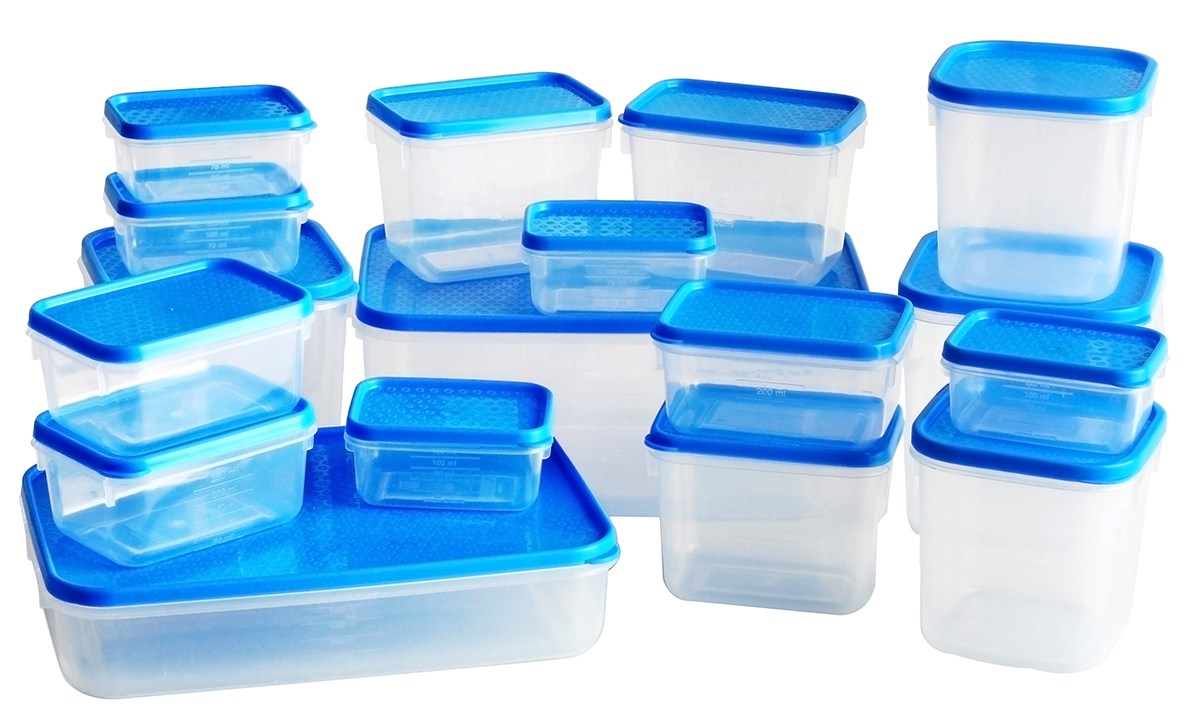Recently, the reports on chemical exposure in our food supply have been increasing. Our concern is that children exposed to these chemicals may experience harmful effects as they grow and develop. The question is, what should we as parents do about it? Is it time to panic? The short answer is no, but it’s important to understand what these reports mean and what they don’t mean.
Let’s start with the American Academy of Pediatrics statement on chemical additives in food. The statement is addressing the additives that are both in food and in food containers. These chemicals are there to serve a purpose, whether to make our food last longer or improve the packaging it comes in. While some of these chemicals have been studied by the Food and Drug Administration, the concern from the AAP is that the studies are either outdated or incomplete. Does that mean that all of the chemicals are unsafe? No. It means that we don’t have good data either way. Some of the main chemicals mentioned in the report are known compounds like phthalates and BPA (bisphenol A). Both of these are thought to cause a disruption in the endocrine system, the system that regulates the hormones in our body, specifically hormones responsible for puberty and sexual development. They are also thought to increase the risk of obesity. Most of the studies that show these effects are from animal studies and not humans. More studies are needed on chemicals previously considered safe which have been grandfathered into the FDA and, as pointed out by the AAP report, the FDA is not authorized to re-study them. Hopefully this call from the AAP to re-investigate food additives will help provide more data on what is safe and what is not. Until then, don’t panic. While it’s not entirely reasonable to expect every family to avoid all plastics and all packaged foods, there are some things you can do to reduce your exposure.
- Use glass storage containers or baby bottles instead of plastic. Also, try stainless steel water bottles instead of plastic.
- Avoid putting plastic in the microwave as heat can increase the likelihood that chemicals leach into the food.
- Avoid putting plastic in the dishwasher for the same reason stated above.
- Try to provide a variety of fresh foods to your children to reduce pre-packaged foods and containers.
- Avoid products with the recycling codes 3, 6, or 7. If the are “green” or biodegradable they are okay.
Another new bit of information released recently involves the herbicide glyphosate. Researches found traces of glyphosate, the herbicide found in Roundup, in the breakfast cereal Cheerios and oatmeal products from Quaker Oats. This came just days after a California jury awarded a man who worked with Roundup almost $300 million from Monsanto, the company who makes Roundup. The man claimed that his cancer was caused by exposure to glyphosate. Scientific data does not conclude that glyphosate is associated with cancer, furthermore a jury of 12 people is not equivalent to scientific consensus and should not be used as evidence. For more information on the lawsuit and the cancer claim, check out this excellent article from Science Based Medicine.
So what should parents do with this information. For one, deep breath. The likelihood that your child is exposed to extensive amounts of glyphosate is low and keep in mind our bodies do a good job of processing the chemicals in our food (both natural and synthetic). The report came from the Environmental Working Group, which is a non-profit heavily funded by the organic industry. They used much lower cut off levels of glyphosate than used by the FDA or the state of California. Of note, California has more stringent standards and lower cut off levels than the FDA. This article from Slate provides a great explanation of the math involved in toxicity (the dose makes the poison) and why the levels found by EWG may not really be of concern. If glyphosate still concerns you, it is an option to switch to an all organic diet. HOWEVER, organic farming still uses pesticides. In fact, because organic pesticides are not as effective as conventional pesticides, more has to be used. For an excellent review on the myths surrounding organic v conventional farming, I strongly encourage you to read this article. Furthermore, organic food tends to be more expensive, making a varied diet cost prohibitive for some families if they choose to only eat organic. Overall, every family has to do what is best for them. To help reduce exposure:
- Offer your family a variety of whole fruits and vegetables, whole grains, lean protein and calcium sources.
- Always wash all produce, even if it is organic (read the article).
- Try to limit packaged goods when you have the time and it’s convenient.
- Try to visit local farmer’s markets, talk to farmers and support local businesses.
Finally, a new Consumer Reports investigation has found levels of heavy metals in baby food. These include arsenic, cadmium and lead. Arsenic levels tend to be high in rice and rice-products because it is found in the soil where rice is produced. It’s higher in brown rice than white rice. Furthermore, this is related to more global soil and water contamination, as opposed to the practices of individual farmers. This means that organic and inorganic foods are equally affected. The best way to limit your baby’s exposure is to offer a wide variety of foods and limit sweet potato and rice products. For more information on the brands studied, click the link above.
As you can see, the overall theme in reducing your children’s risk of potentially harmful chemical exposure, is to offer a variety of healthy, whole foods and wash all foods well. Also remind everyone preparing food to wash their hands well after touching anything that might expose them to pathogens. Try to limit packaging as much as possible and look for alternatives to plastic storage. Again, all families have to do what is best for them so don’t feel like you have to do it all. If you still have questions, talk to your pediatrician.



